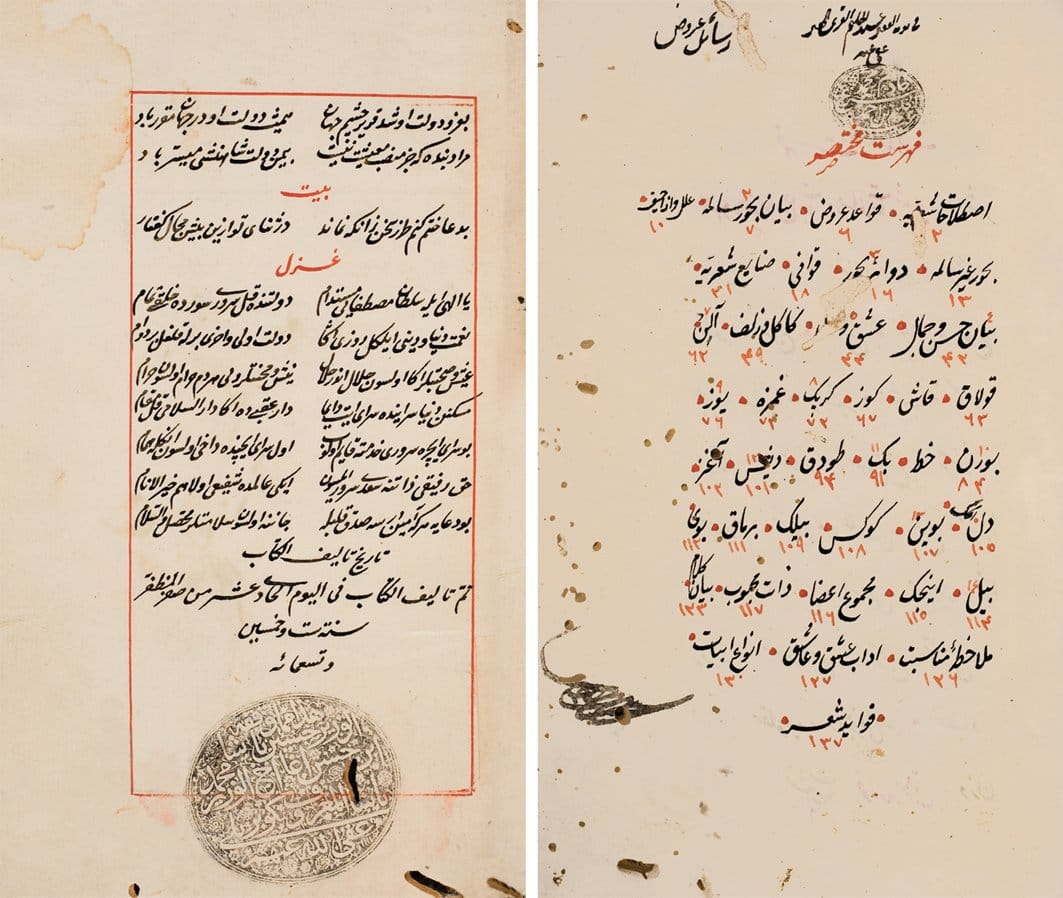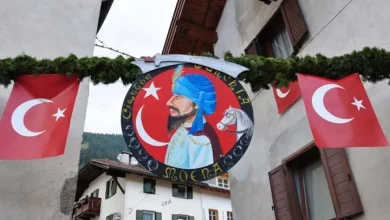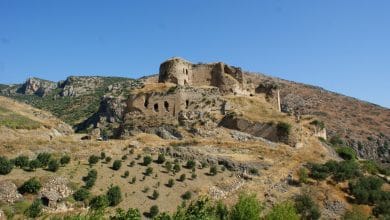Muslihuddin Mustafa Sürûrî: Ottoman Scholar and Poet of the 16th Century
The Life and Legacy of Muslihuddin Mustafa Sürûrî, a Distinguished Ottoman Scholar and Educator.

Muslihuddin Mustafa Sürûrî: Scholar and Poet of the Ottoman Empire (1492–1562)
Muslihuddin Mustafa Sürûrî was an esteemed Ottoman scholar and poet renowned for his contributions to literature and education during the reign of Sultan Suleiman the Magnificent. His legacy is marked by his significant works in rhetoric, poetry, and teaching, making him one of the key intellectuals of his time.
Early Life and Education
Born in 1492 in Gallipoli (Gelibolu), Sürûrî hailed from a prominent family. His father, Şaban Efendi, was a merchant and a former treasurer (defterdar) of Prince Bayezid. Sürûrî received his education from distinguished scholars such as Kara Davud İzmitî and Taşköprizade Mustafa Efendi, laying the foundation for his illustrious career in academics and literature.
Academic Career and Contributions
Sürûrî began his professional life as an assistant judge in Istanbul and later became a professor at the Sarıca Paşa Madrasa. His passion for education led him to author numerous works, including his most celebrated book, Bahrü’l-maârif (The Sea of Knowledge). This text, one of the earliest comprehensive treatises on rhetoric in the Turkish language, addressed topics such as meter, rhyme, and literary devices, offering valuable insights into the literary practices of the era.
Mentorship of Şehzade Mustafa
In 1548, Sürûrî was appointed as the tutor to Prince Mustafa, the eldest son of Sultan Suleiman. During this time, he produced several works aimed at enriching the prince’s education. However, following the tragic execution of Prince Mustafa in 1553, Sürûrî withdrew from public life and spent the remaining years in seclusion.
Later Years and Passing
During his retirement, Sürûrî continued to write and teach, earning a modest living by transcribing books and receiving support from his students. He passed away on January 13, 1562, due to cholera. He was buried in the courtyard of his mosque in Kasımpaşa, Istanbul, although the mosque no longer exists today.
Legacy
Sürûrî’s impact on Ottoman literature and education endures. His works, particularly Bahrü’l-maârif, became essential references in educational institutions. While he was recognized as a poet in Turkish, Arabic, and Persian, his reputation primarily rested on his scholarly achievements and commentaries.
For a detailed account of Muslihuddin Mustafa Sürûrî’s life and contributions, you can refer to the article in the Turkish Islamic Encyclopedia. (Source)





